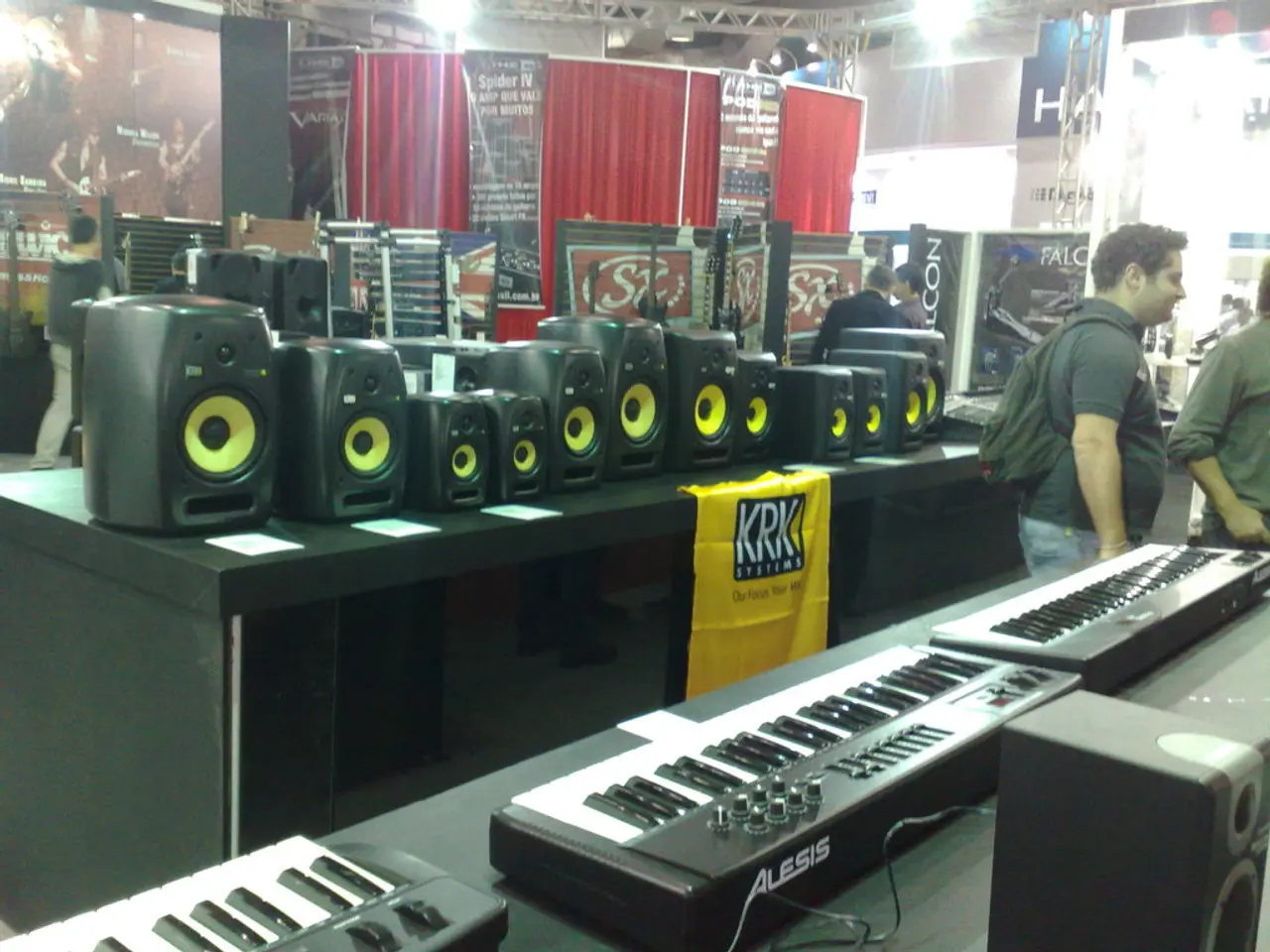Tesla's July car sales in China decline by 12% year-on-year, amounting to 40,617 units sold.
Tesla Experiences Fifth Consecutive Monthly Decline in China Retail Sales
Tesla's retail sales in China have continued to decline for the fifth consecutive month, according to recent data. In July 2022, the company sold 40,617 vehicles, marking a 12.14 percent year-on-year decrease and a 33.94 percent drop from June 2022.
This trend started in 2021, with Tesla experiencing a year-on-year decline for five consecutive months due to intensified competition from Chinese EV makers, shifting consumer preferences, and a decrease in exports.
Local brands like BYD, Nio, and XPeng have emerged as formidable competitors, offering cheaper, feature-rich vehicles that better integrate popular technologies such as AI and advanced driver-assist systems. Meanwhile, Tesla's models have struggled to match local rivals employing innovations like BYD's self-driving "God's eye" system in budget vehicles.
Shifts in consumer demand towards electrified vehicles with more advanced cockpit technologies and affordable pricing have also contributed to Tesla's declining market share. Additionally, Tesla's sales patterns and export fluctuations have impacted its performance in China. The Shanghai factory allocates production between exports and the local market each quarter, and export decreases have contributed to overall weaker shipment numbers.
Government and trade tensions have added pressure, with Tesla's geopolitical associations potentially alienating some Chinese consumers amid ongoing trade disputes.
In the first seven months of 2022, Tesla sold 304,027 vehicles in China, a decrease of 6.32 percent compared to the same period last year. Tesla's market share in China's BEV market in July 2022 was 6.69 percent, down from 9.30 percent in June 2022.
Sales figures for the Model 3 and Model Y in China domestically are not yet available. However, wholesale sales for both models show a similar trend. In July, Model Y wholesale sales totaled 45,838 units, up 10.71 percent year-on-year but down 10.57 percent from June. Model 3 wholesale sales in July were 22,048 units, down 32.60 percent year-on-year, but up 8.37 percent from June.
Tesla's Shanghai factory, which produces the Model 3 sedan and Model Y crossover, exported 27,269 vehicles in July 2022, a decrease of 2.23 percent year-on-year but an increase of 169.59 percent from June 2022. During this period, the wholesale sales volume of the Model Y was 259,872 vehicles, a year-on-year decrease of 12.91 percent.
Tesla's production pattern involves making vehicles for export in the first half of the quarter and for the local market in the second half. This pattern, combined with export decreases, has likely contributed to the weaker shipment numbers in China.
Despite the challenges, Tesla continues to innovate. Its new Model 3 variant boasts a battery range of up to 830 km, and the Model Y L has a range of 751 km, according to filing information.
As Tesla navigates the competitive Chinese market, it will be interesting to see how it adapts to the changing landscape and whether it can regain its market share in the world's largest EV market.
- Tesla's retail sales decline in China, experiencing a fifth consecutive month of decreases, has been influenced by intense competition from local electric vehicle (EV) manufacturers, such as BYD, Nio, and XPeng.
- Local brands have gained traction by offering cheaper, feature-rich EVs that integrate popular technologies like AI and advanced driver-assist systems, while Tesla's models struggle to match these innovations.
- Shifts in consumer demand toward electrified vehicles with advanced cockpit technologies and affordable pricing have further contributed to Tesla's declining market share in China.
- Tesla's Shanghai factory follows a production pattern that involves making vehicles for export in the first half of the quarter and for the local market in the second half, potentially contributing to the weaker shipment numbers.
- Despite the challenges, Tesla continues to innovate, with the new Model 3 variant boasting a battery range of up to 830 km and the Model Y L offering a range of 751 km, showing Tesla's commitment to technological advancement in the rapidly evolving EV market.




